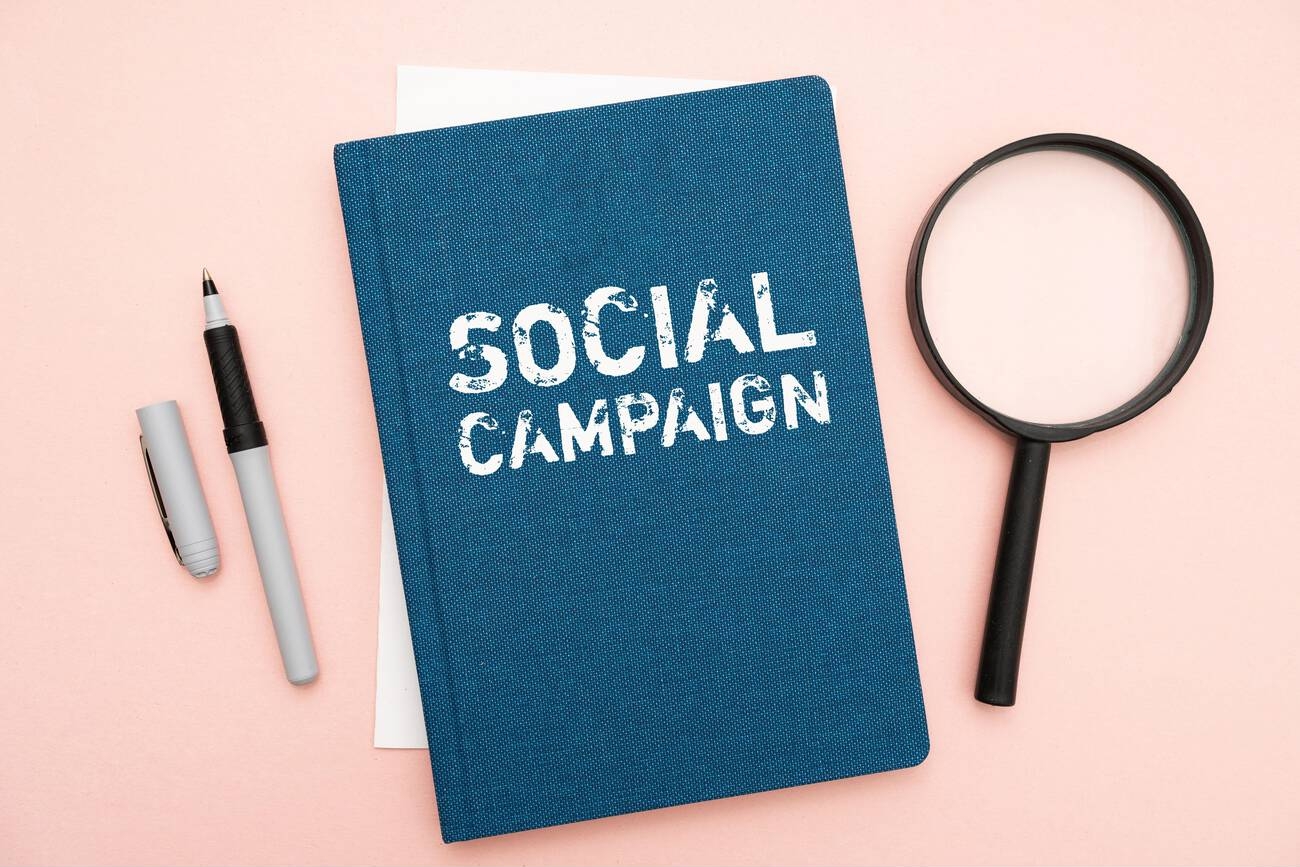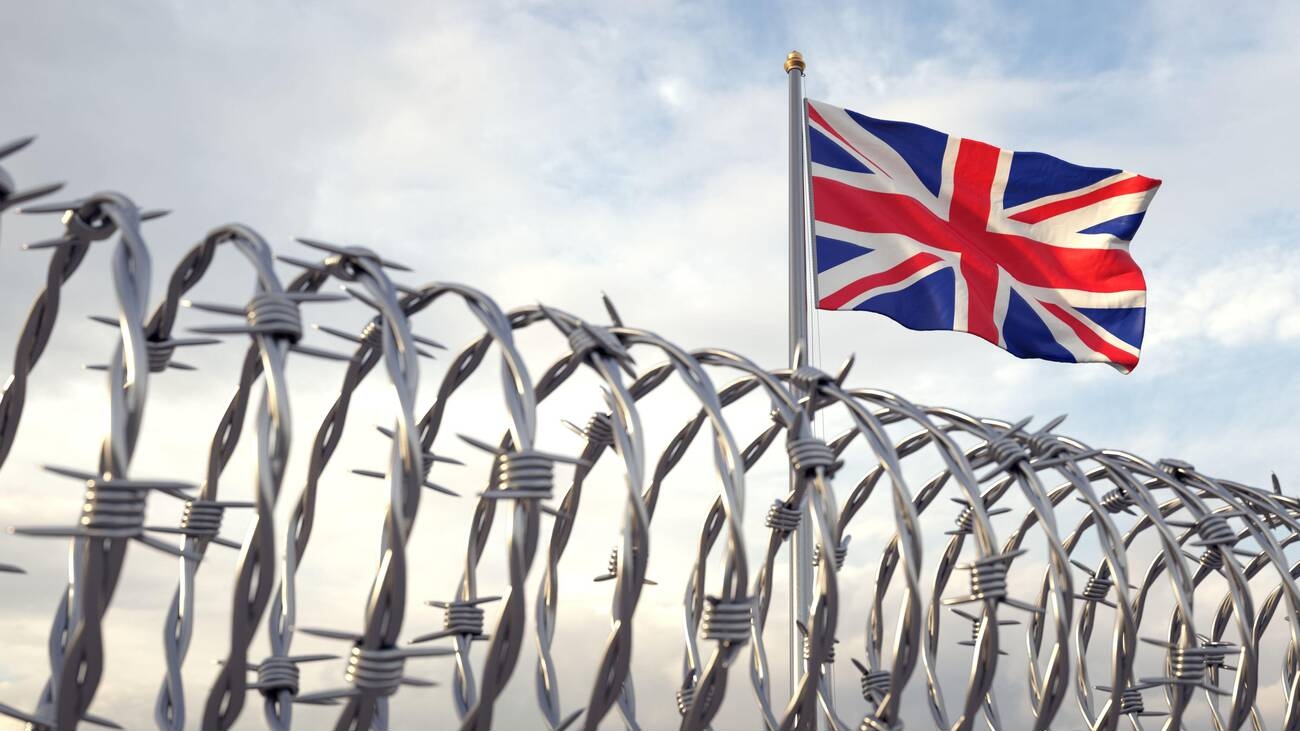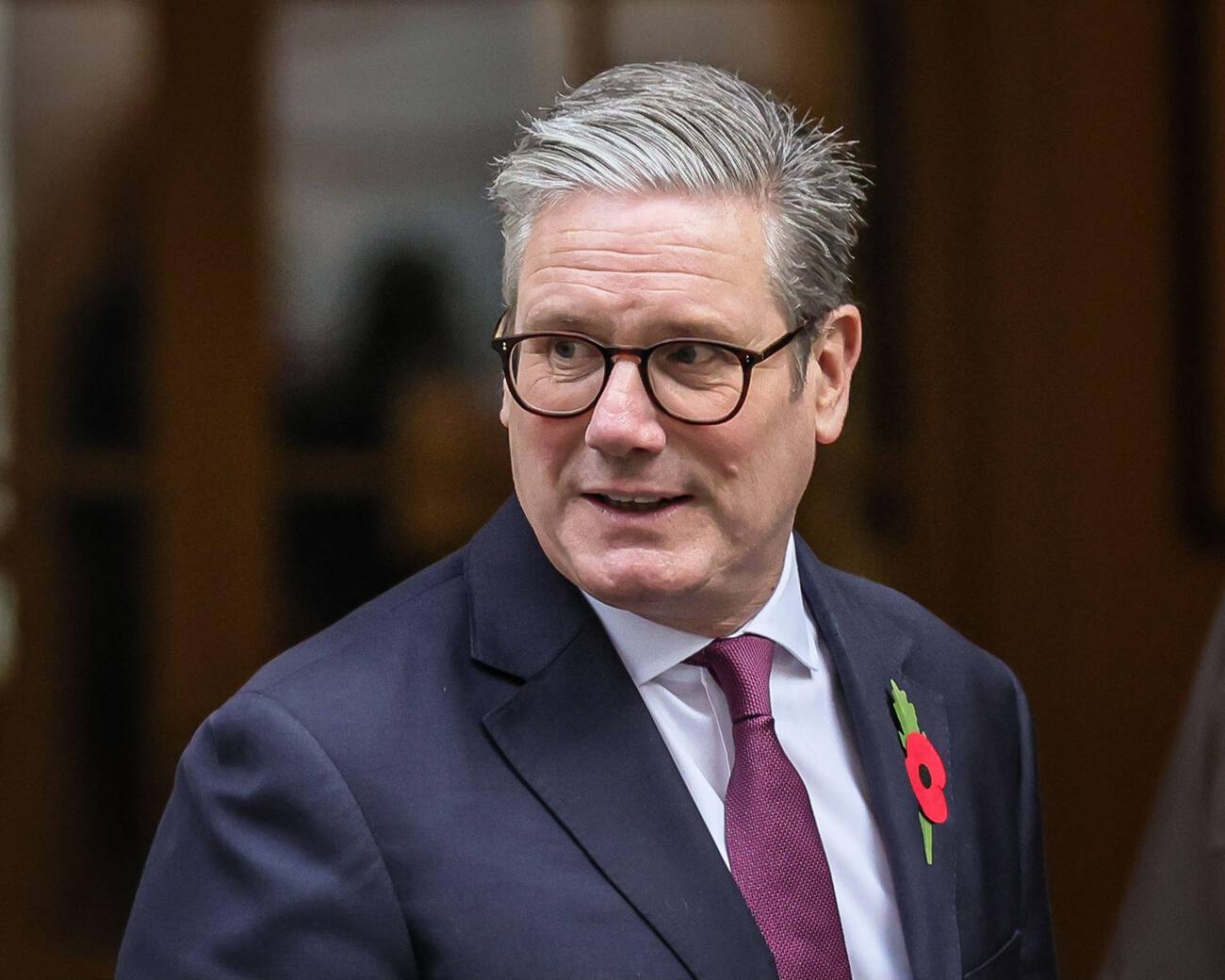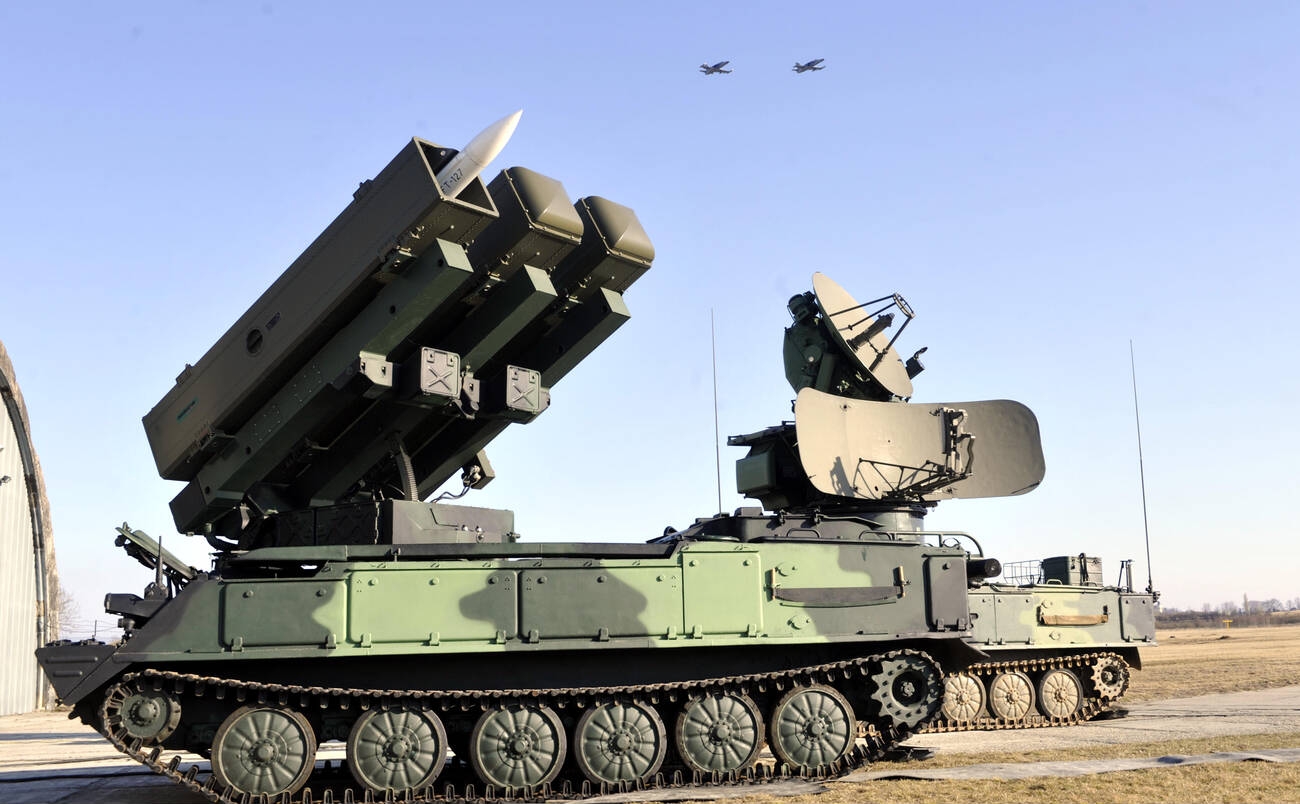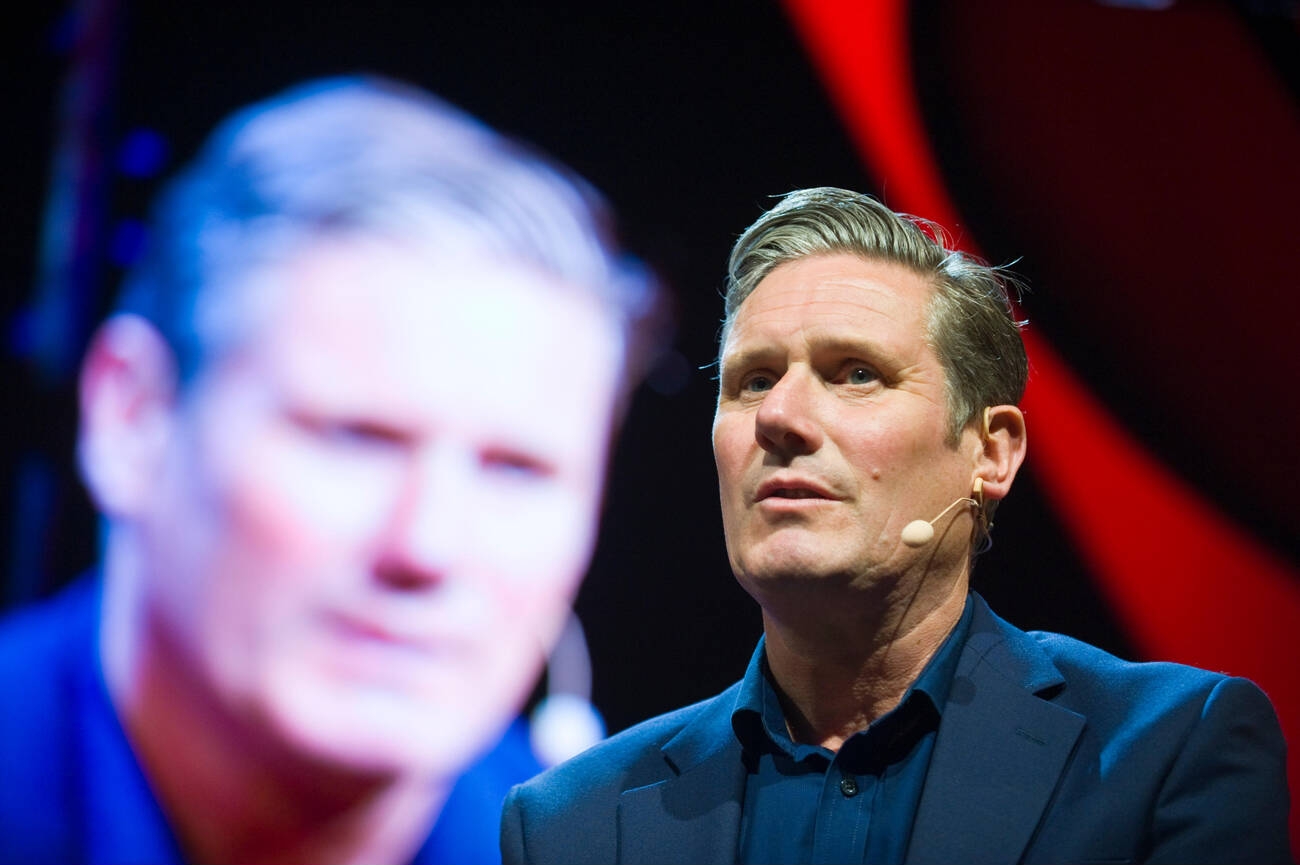UK deal with Norway: The Unseen Costs of an Arms Deal
The UK deal with Norway gives us a glimpse of how the financial stakes are weighted in favour of
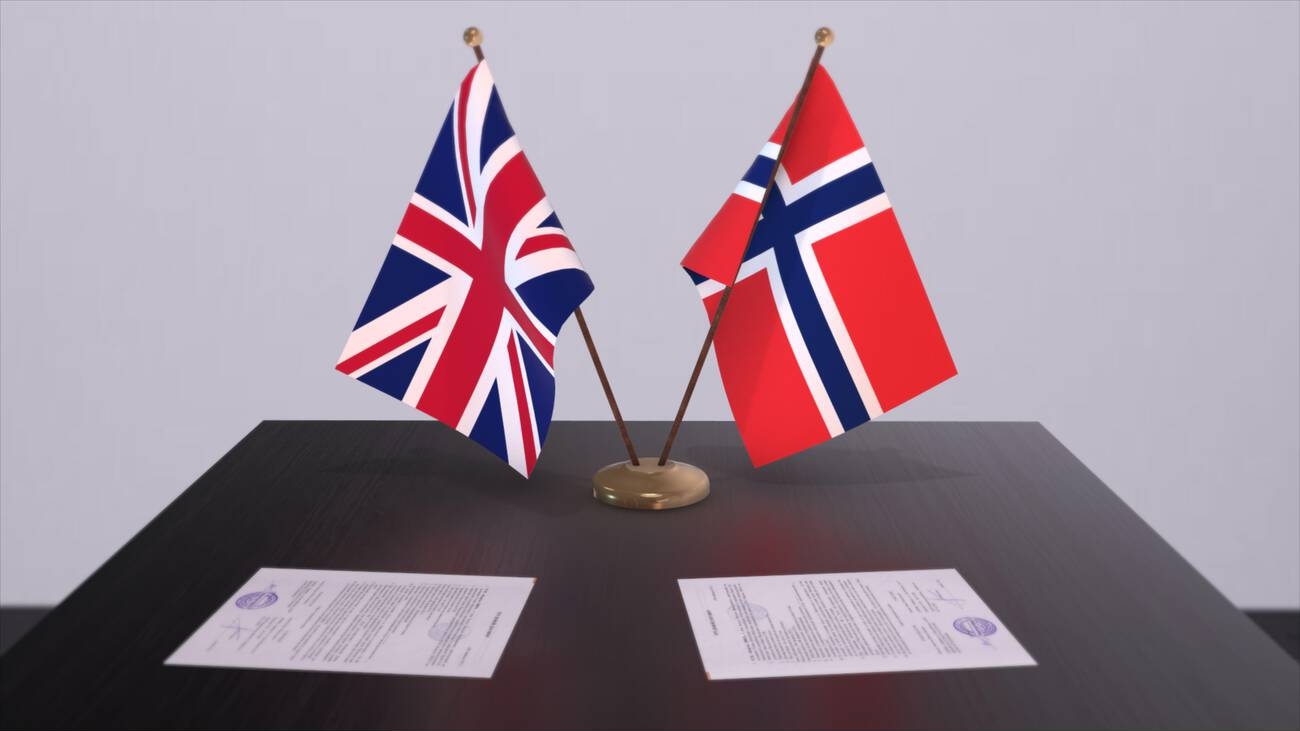
The UK deal with Norway gives us a glimpse of how the financial stakes are weighted in favour of militarisation over long-term security. The government describes the deal as a triumph for British industry, employment, and world security. However, some highlight its darker undertones. When the global climate emergency, health tensions, and social injustices all scream out for immediate investment, Britain is increasing its reliance on arms exports as the basis of economic and international policy. This decision poses a simple question: does a nation have to weigh gross short-term economic gain from arms sales against investing in long-term public health, sustainability, and peace?
The Strategic and Industrial Setting of the UK deal with Norway
The destroyers, built by BAE Systems in England and Scotland, are promoted as essential for defending the North Atlantic against Russian submarine attacks. Politicians frame the Norway deal as proof of British leadership in global defense. Their advocates argue that such contracts support thousands of jobs, integrate the British defense industry, and position the nation at the frontline of regional development. But economic security founded upon arms manufacturing is long-term weakening of itself. When a nation invests its economic identity within military exports, it is hard to switch to industries striving toward human security, environmental stewardship, or technological innovation for peace.
Economic Alternatives and Their Social Costs
Every pound spent on military equipment is a pound not spent on healthcare, education, or environmental protection. The UK deal with Norway places this unpleasant trade-off in stark relief. The UK is experiencing across-the-board pressures in its public services, from under-capitalized schools to creaking hospitals. And climate change adaptation programmes and renewable energy projects require long-term finance. But politicians have instead chosen to spend billions of pounds on warship production rather than on defending social welfare. The employment argument for the defense contract policy is blind to the possibility of redirecting similar investment into green industries, social care, or organic agriculture, where jobs could be just as secure but have peaceful and worthwhile ends.
Norway’s Geopolitical Rivals and Security Issues
Norway presents its acquisition of Type-26 warships as a matter of defense necessity. As a fellow NATO member with maritime borders with Russia, Oslo is under strategic pressure. The UK deal with Norway demonstrates the militarisation of the Arctic, one that is increasingly picking up speed as global powers line up to gain access to new shipping routes and available resources. Norway is signing enormous weapons deals to link its security policy to NATO’s deterrent policy, but, in the process, it is escalating regional tensions. Instead of resorting to cooperative strategies with surrounding nations, the country is increasingly relying on military tools, a move that has a tendency to constrain diplomatic flexibility and create distrust.
Britain’s Transformation into an Arms Exporting State
The UK has, over recent decades, taken a step towards making the sale of arms a foreign and economic policy component. The Norwegian deal is not a single agreement but a manifestation of this wide shift in the UK. The arms sales are no longer on the margin but at the center of the nation’s foreign policy. The defense and political establishment regards this as a sign of British resourcefulness and resilience in the post-Brexit economy. Yet it distorts democratic debate on social priorities by resting upon the military-industrial complex. When economic prosperity depends on arms sales, policymakers have strong incentives to encourage wars abroad. They may also maintain international insecurity to create new markets for British weapons systems.
The Moral Challenge of Selling War
Weapons sales inherently pose moral challenges. While British leaders talk about peace and stability, they increasingly treat warships, aircraft, and missiles as products to be traded. This approach treats weapons more like commercial goods than instruments of defense. The UK deal with Norway exposes this contradiction: a nation that talks peace profits at establishing war. This erodes credibility in advocating for peace processes. Secondly, selling weapons has the effect of consolidating regimes or schemes extending wars rather than ending them. By selling military technology, Britain covertly arms the world. The argument that these exports are merely for defensive purposes ignores the way in which weapons institutionalise armaments competition and compound dangers more than they reduce them.
Alternatives to Militarised Economics
Critics argue that the same investment in renewable energy, healthcare facilities, or science would have the same economic returns and will also address short-term crises facing the world. Increased investment in social housing, poverty eradication, and climate policy would not only create jobs but also build the resilience of British society. The UK deal with Norway gives us a glimpse of how the financial stakes are weighted in favour of militarisation over long-term security. Redirection of military spending would decrease arms export dependence, liberating policy from the iron grip of military-industrial interests. It is a challenge of political will: giving up military spending may mean confronting entrenched lobbies, but the peace and welfare dividends in the long term would be well worth the short-term cost.
The Human Dimension of Defense Spending
Numbers in a defense budget don’t tell the human stories of the decisions behind them. Neglectfully funded hospitals translate to longer wait times and diminished quality of care. Budget cuts for education fall hardest on teachers, students, and communities. Failure to act on climate change stands to put vulnerable communities in the path of increasing floods, heatwaves, and food shortages. Meanwhile, billions are spent on weapons for imaginary wars. These resources could instead address the real struggles of citizens. The UK deal with Norway is not just about warships. It also affects those who lose out when resources go to militarism instead of welfare.
Public Debate and Democratic Accountability
A deal of this magnitude ought to necessitate extensive public debate. Citizens need to wonder if the future of their country is tied to selling warships. They should also ask whether this focus ignores internal crises. Defence contracting choices are often presented as technical or strategic necessities. This framing makes them less open to public debate. The UK deal with Norway has been welcomed by officials. The UK’s Ministry of Defence has said the agreement to build Type 26 frigates was the UK’s biggest ever warship export deal by value. The Ministry has also said that the deal would provide a £10bn boost to the UK economy and support 4,000 jobs across the UK “well into the 2030s”.
The deal has been discussed less openly in public. This lack of accountability erodes institutional trust and squeezes out other ideas about national development. A healthy democracy requires open discussion about jobs created by arms sales. Citizens must also question whether these jobs are worth the moral and social price of militarisation.
Choosing Between Peace and Profit
The UK-Norway £10 billion arms deal is a crossroads for British society. On the one hand, Britain continues to strengthen its role as a global arms exporter, embedding military production in its economy and foreign policy. Contrarily, it shifts its priorities and spends on health, education, peacebuilding and climate change. The UK-Norway deal, therefore, goes beyond the boundary of a contract: it is a values issue. Arms exports can bring about short-term economic returns, but spending on sustainable peace ensures long-term security and human dignity. Now, the question remains whether Britain is brave enough to choose the latter.




